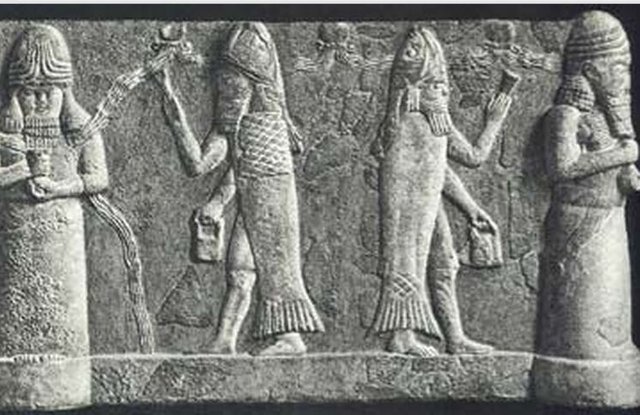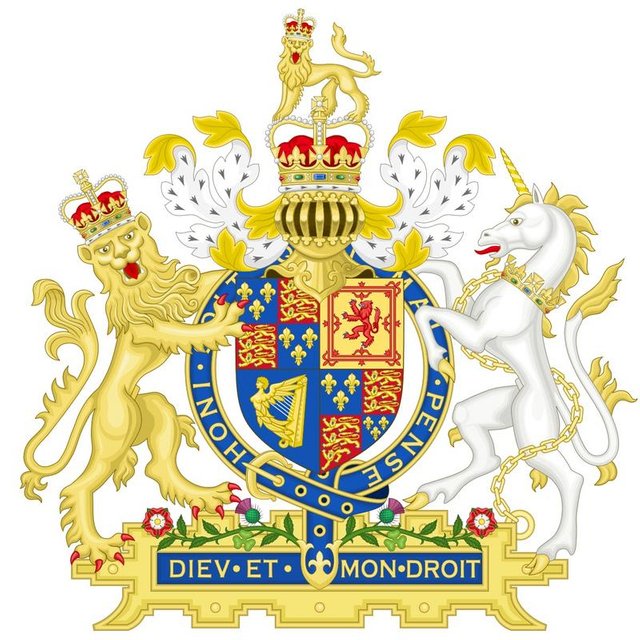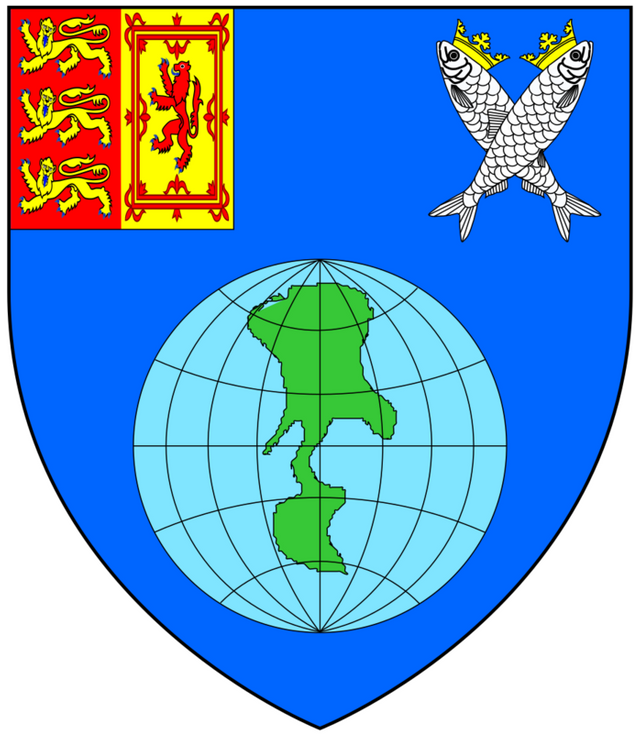Newton's Brute Force Method commodity derivatives in a Kepler superstructure
'Whoever says Industrial Revolution says cotton.' - Eric Hobsbawm (wow a unicorn)
The House of Hanover is a German royal dynasty that ruled the Electorate and then the Kingdom of Hanover, and also provided monarchs of Great Britain and Ireland from 1714 to 1800 and ruled the United Kingdom of Great Britain and Ireland from its creation in 1801 until the death of Queen Victoria in 1901. Upon Victoria's death, the British throne passed to her eldest son Edward VII, a member of the House of Saxe-Coburg and Gotha through his father.
"South Sea Bubble"
The South Sea Company (officially The Governor and Company of the merchants of Great Britain, trading to the South Seas and other parts of America, and for the encouragement of fishing) was a British joint-stock company founded in 1711, created as a public-private partnership to consolidate and reduce the cost of national debt. The company was also granted a monopoly to trade with South America and nearby islands, hence its name. (The modern use of the term "South Seas" to refer to the entire South Pacific was unknown in England at the time.) When the company was created, Britain was involved in the War of the Spanish Succession and Spain controlled South America. There was no realistic prospect that trade would take place and the company never realised any significant profit from its monopoly. Company stock rose greatly in value as it expanded its operations dealing in government debt, peaking in 1720 before collapsing to little above its original flotation price; the economic bubble became known as the South Sea Bubble.
OOPs, concepts, OPs, SoD concepts and a separation of concerns
The Bubble Act 1720 (6 Geo I, c 18), which forbade the creation of joint-stock companies without royal charter, was promoted by the South Sea company itself before its collapse.
Croesus (/ˈkriːsəs/ KREE-səs; Ancient Greek: Κροῖσος, Kroisos; 595 BC – c. 546 BC) was the king of Lydia who, according to Herodotus, reigned for 14 years: from 560 BC until his defeat by the Persian king Cyrus the Great in 546 BC (sometimes given as 547 BC). Has similar patterns in his day with charters and policies in the region.
Sumerian Fish Gods
It was from the Nommos that the Dogon claimed their knowledge of the heavens.
Tenures Abolition Act 1660
The Tenures Abolition Act 1660 (12 Car 2 c 24), sometimes known as the Statute of Tenures, was an Act of the Parliament of England which changed the nature of several types of feudal land tenure in England. The long title of the Act was An act for taking away the Court of Wards and liveries, and tenures in capite, and by knights-service, and purveyance, and for settling a revenue upon his Majesty in lieu thereof.
Responsibility and Freedom
John Dewey
1908
Luddite
a member of any of the bands of English workers who destroyed machinery, especially in cotton and woolen mills, that they believed was threatening their jobs (1811–16).
a person opposed to increased industrialization or new technology.
"a small-minded Luddite resisting progress"
"Productive forces", "productive powers", or "forces of production", is a central idea in Marxism and historical materialism.
inside-an-overcrowded-immigrant-shelter-for-children
It can be argued that in Marx's view, forces of production are the driving factor in historical development. A new mode of production evolves when there is a conflict between the emerging production forces and the existing social relations.
King Cotton, the Industrial Revolution, and Manchester
What are the 3 means of production?
A mode of production includes the means of production used by a given society, such as factories and other facilities, machines, and raw materials. It also includes labor and the organization of the labor force.
genocide refugees autonomy and sovereignty
blessed are the poor ,
woe to the rich
and or
bulwark against bolshevism
What does Marx mean by relations of production?
Karl Marx contrasts the social relations of production with the technical relations of production; in the former case, it is people (subjects) who are related, in the latter case, the relation is between people and objects in the physical world they inhabit (those objects are, in the context of production)
Hundreds of children at risk in Yemen battle: French charity
Materialistic determinism sounds like a complicated idea, but it is a simple concept, although it has a very strong influence on our modern philosophy and social sciences. All it means is that the moral, cultural, intellectual, vocational choices of man are determined by material factors.
Historical materialism is the methodological approach of Marxist historiography that focuses on human societies and their development over time, claiming that they follow a number of observable tendencies. This was first articulated by Karl Marx (1818–1883) as the materialist conception of history. It is principally a theory of history according to which the material conditions of a society's way of producing and reproducing the means of human existence or, in Marxist terms, the union of its productive capacity and social relations of production, fundamentally determine its organization and development.
The exploitation of natural resources is the use of natural resources for economic growth, sometimes with a negative connotation of accompanying environmental degradation. It started to emerge on an industrial scale in the 19th century as the extraction and processing of raw materials (such as in mining, steam power, and machinery) developed much further than it had in preindustrial eras. During the 20th century, energy consumption rapidly increased. Today, about 80% of the world’s energy consumption is sustained by the extraction of fossil fuels, which consists of oil, coal and gas. Another non-renewable resource that is exploited by humans is subsoil minerals such as precious metals that are mainly used in the production of industrial commodities. Intensive agriculture is an example of a mode of production that hinders many aspects of the natural environment, for example the degradation of forests in a terrestrial ecosystem and water pollution in an aquatic ecosystem. As the world population rises and economic growth occurs, the depletion of natural resources influenced by the unsustainable extraction of raw materials becomes an increasing concern.
Poor Relief Act, public education reform movement, asylum movement
Farmers have used a simple form of derivative trading in the commodity market for centuries for price risk management. A financial derivative is a financial instrument whose value is derived from a commodity termed an underlier. Derivatives are either exchange-traded or over-the-counter (OTC).
What are derivatives and types of derivatives?
A derivative is an instrument whose value is derived from the value of one or more underlying, which can be commodities, precious metals, currency, bonds, stocks, stocks indices, etc. Four most common examples of derivative instruments are Forwards, Futures, Options and Swaps.
Serenity Sells proposes Newton's Brute Force Method commodity derivatives in a Kepler superstructure commodity pool operation.
Constitution of France
The current Constitution of France was adopted on 4 October 1958. It is typically called the Constitution of the Fifth Republic, and replaced that of the Fourth Republic dating from 1946. Charles de Gaulle was the main driving force in introducing the new constitution and inaugurating the Fifth Republic, while the text was drafted by Michel Debré. Since then the constitution has been amended twenty-four times, most recently in 2008.
Antarctica's Rate of Melting Ice Has Tripled in the Last Decade, Study Says
Urine for a Treat With a Tour of These Five Sewer Systems
Tunnels, drains and other wastewater structures to explore, from ancient Rome to present-day New York
In 1825, Haiti Paid France $21 Billion To Preserve Its Independence -- Time For France To Pay It Back
Texas Bathroom bill?
Timeline: Oxfam sexual exploitation scandal in Haiti
Key events in aftermath of news that Oxfam covered up inquiry into staff paying for sex


